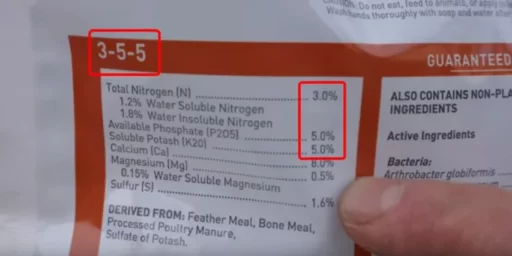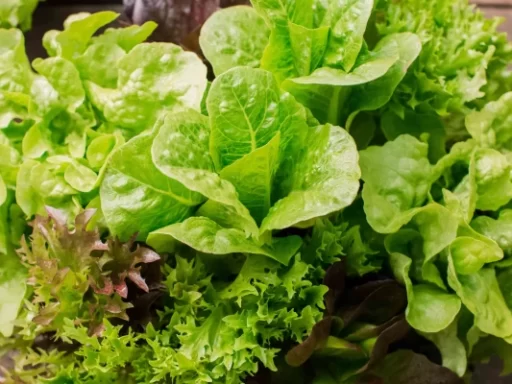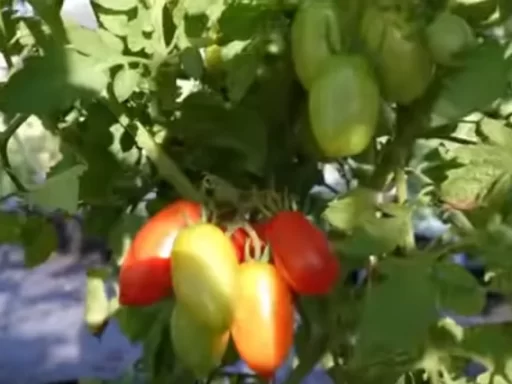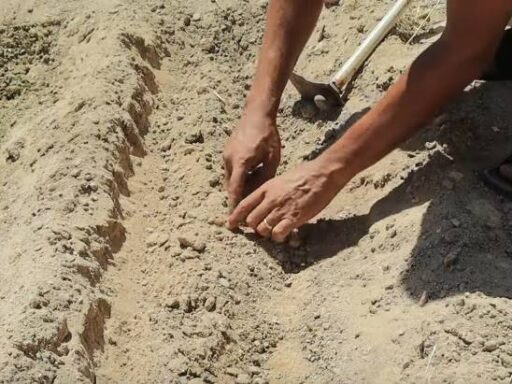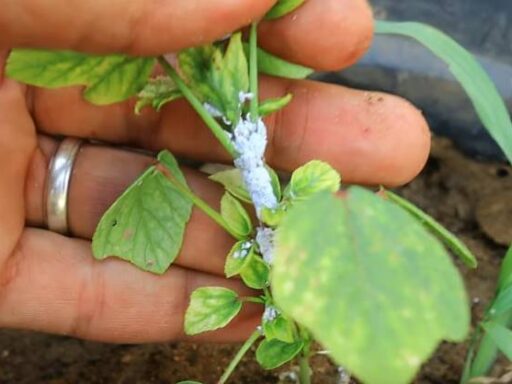In the world of gardening, one of the most confusing topics for many gardeners is the use of fertilizers. With so many types available, it can be overwhelming to figure out which fertilizer is best for your garden. Questions like “What type should I use?” and “Are some fertilizers better than others?” often arise. This article aims to break down the differences between various fertilizers and help you understand which ones to use based on your garden’s needs.
Compost: The Original and Best Fertilizer
The top-ranked fertilizer for your garden is compost, which is technically not a fertilizer in the modern sense but is considered the original fertilizer. Compost has been used for thousands of years, long before humans started producing concentrated fertilizers. While fertilizers today are concentrated forms of nutrition, compost is simply decomposed biological matter—such as plant material, animal waste, and other organic matter.
What makes compost stand out is its ability to create a thriving ecosystem in your garden. Compost provides more than just nutrients; it brings in trillions of bacteria, fungi, and other microorganisms that help your plants absorb those nutrients. Just as a strong foundation is necessary for a house, healthy soil is essential for a thriving garden. Without compost, adding other fertilizers will be less effective because plants need a living soil ecosystem to grow optimally.
To ensure a healthy garden, compost should be added several times a year. Whether you’re planting new seeds, transplanting plants, or preparing your beds for the next season, compost keeps the soil alive and active, leading to healthier plants.
Organic Granular Fertilizers: A Close Second
Ranked second among the best fertilizers are organic all-purpose granular fertilizers. These are made from animal parts like bone meal, feather meal, and poultry manure, which means they contain essential nutrients, amino acids, and other vital elements. These fertilizers provide a well-rounded balance of nutrients for your plants.
Organic granular fertilizers are easy to use, and they slowly release nutrients into the soil as they decompose. This makes them ideal for a long-term feeding strategy. When applying, work the fertilizer into the top few inches of soil and water it thoroughly to accelerate the breakdown process. Over time, these fertilizers will nourish both your plants and the soil’s microbiome, leading to healthier, more robust growth.
Soil Amendments: A Specialized Approach
Ranked third are organic soil amendments such as bone meal, blood meal, and azomite. These products are not complete fertilizers but serve as supplements that target specific nutrient deficiencies. For example, bone meal is high in phosphorus and calcium, which are great for root development and promoting flowering. Blood meal, on the other hand, is rich in nitrogen, helping leafy plants grow strong.
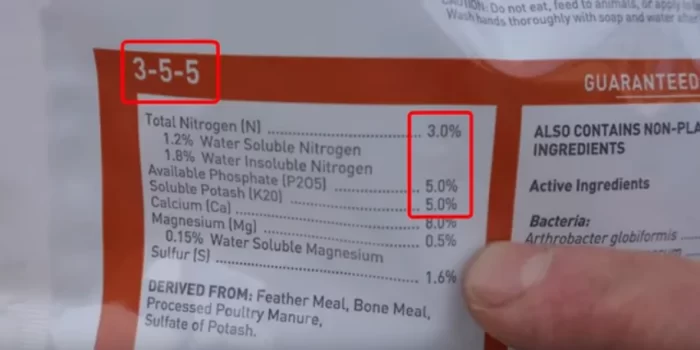
Soil amendments are best used in combination with other fertilizers. They feed the soil’s bacteria and fungi, promoting a healthy microbial environment, which is essential for plants to thrive.
Water-Soluble Fertilizers: Fast-Acting Solutions
Organic water-soluble fertilizers, ranked fourth, are ideal for gardeners who need quick results. These fertilizers are immediately bioavailable, meaning your plants can absorb them as soon as you apply them. One popular example is Alaska Fish Fertilizer, which is made from ground fish and provides a quick nutrient boost to your plants.
Water-soluble fertilizers are great for addressing nutrient deficiencies or helping plants recover from stress, such as after transplanting or during extreme weather conditions. Simply mix the fertilizer in water, apply it to the root area, and your plants will immediately start benefiting from the nutrients.
Conclusion
Fertilizing your garden doesn’t have to be a confusing process. By understanding the different types of fertilizers and how they work, you can make informed decisions that will help your garden thrive. Compost should always be your first choice as it provides a living ecosystem for your plants. Organic granular fertilizers are excellent for long-term nourishment, while soil amendments can address specific nutrient needs. Lastly, water-soluble fertilizers are ideal for quick nutrient boosts. By using the right fertilizer at the right time, you’ll set your garden up for success.
Frequently Asked Questions
- What is the best fertilizer for vegetable gardens?
Compost is the best overall option as it enriches the soil and creates a healthy ecosystem for plants to thrive. - How often should I add compost to my garden?
It’s recommended to add compost several times a year, especially when planting, transplanting, or preparing the soil for the next season. - Can I use granular fertilizer for all types of plants?
Yes, organic granular fertilizers are suitable for most plants as they release nutrients slowly over time. - How do soil amendments differ from regular fertilizers?
Soil amendments target specific nutrient deficiencies, while regular fertilizers provide a more balanced nutrient supply. - What is the advantage of water-soluble fertilizers?
Water-soluble fertilizers provide an immediate nutrient boost to plants and are ideal for correcting deficiencies quickly. - Can I use compost and granular fertilizer together?
Absolutely, combining compost with granular fertilizers creates a more robust feeding program for your plants. - How much water-soluble fertilizer should I use?
Follow the instructions on the product label, but a common recommendation is to mix 2-3 tablespoons per gallon of water.

